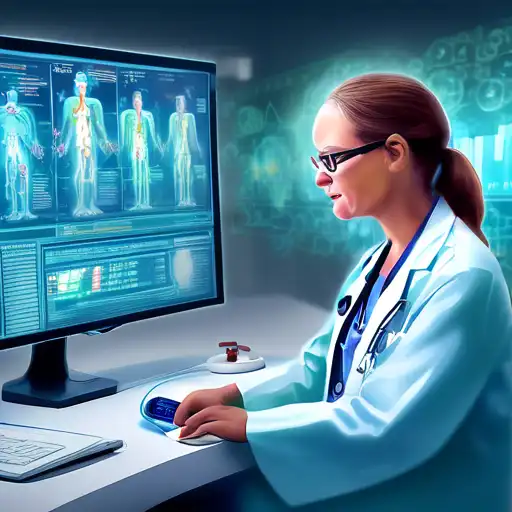The Power of Big Data in Transforming Healthcare
In the digital age, big data has emerged as a cornerstone in revolutionizing various industries, with healthcare standing at the forefront of this transformation. By leveraging vast amounts of health-related data, medical professionals and researchers are now able to improve patient outcomes, streamline operations, and predict health trends with unprecedented accuracy.
Understanding Big Data in Healthcare
Big data in healthcare refers to the massive volumes of information generated by digital technologies that collect patients' records, manage hospital performance, and aid in research. This data, when analyzed properly, can reveal patterns, trends, and associations, especially relating to human health and disease.
Improving Patient Outcomes with Big Data
The application of big data analytics in healthcare has led to significant improvements in patient care. Here are some ways how:
- Personalized Medicine: By analyzing patient data, healthcare providers can tailor treatments to individual genetic makeups, improving effectiveness.
- Predictive Analytics: Big data enables the prediction of disease outbreaks and patient admissions, allowing for better preparedness.
- Enhanced Decision Making: Access to comprehensive data aids doctors in making more informed decisions quickly.
- Operational Efficiency: Hospitals use big data to optimize staff allocation and reduce wait times, enhancing patient satisfaction.
Challenges and Solutions
Despite its benefits, the integration of big data in healthcare faces challenges such as data privacy concerns and the need for skilled personnel. Addressing these issues requires robust cybersecurity measures and continuous education in data science for healthcare professionals.
The Future of Big Data in Healthcare
The potential of big data in healthcare is boundless. With advancements in AI and machine learning, the future promises even more personalized and efficient patient care. As technology evolves, so too will the ways in which we harness data to save lives and improve health outcomes.
For more insights into how technology is shaping healthcare, explore our articles on Health Informatics and Medical Technology.
